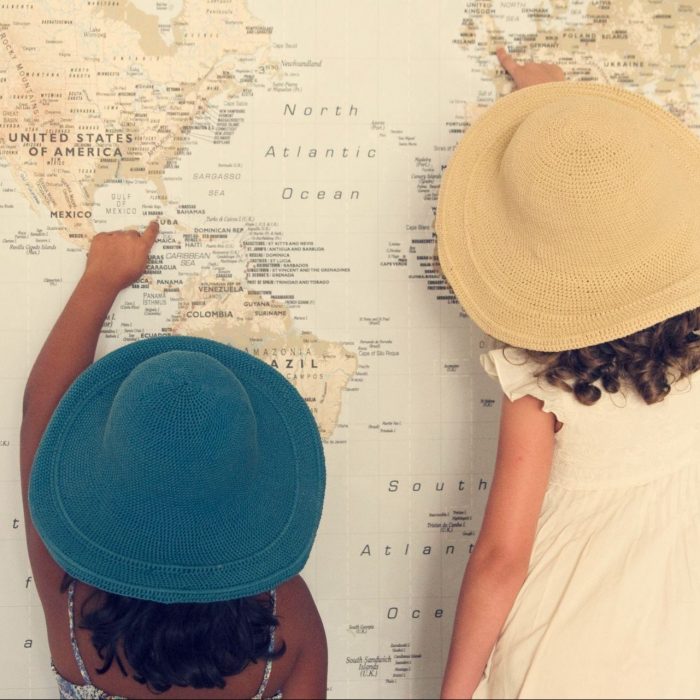
Critical Mapping and Youth Civic Engagement
In collaboration with Sarah Elwood, a geography professor at the University of Washington, I examined how mapping and counter-mapping practices can help students challenge prevailing norms and inequalities within local urban landscapes. In our first project, we worked with Seattle schoolchildren to find and map alternative historical sites that were important for marginalized groups. In the second project, we had students trace the history and geography of a river. In their engagement with and reflection on mapping practices, we found that students were able to develop critical spatial thinking skills, which contributed greatly to their formation as political actors. We have also looked at how intergenerational mapping and neogeography – the use of interactive online mapping technologies – contributes to transformations in collective knowledge and memory.
